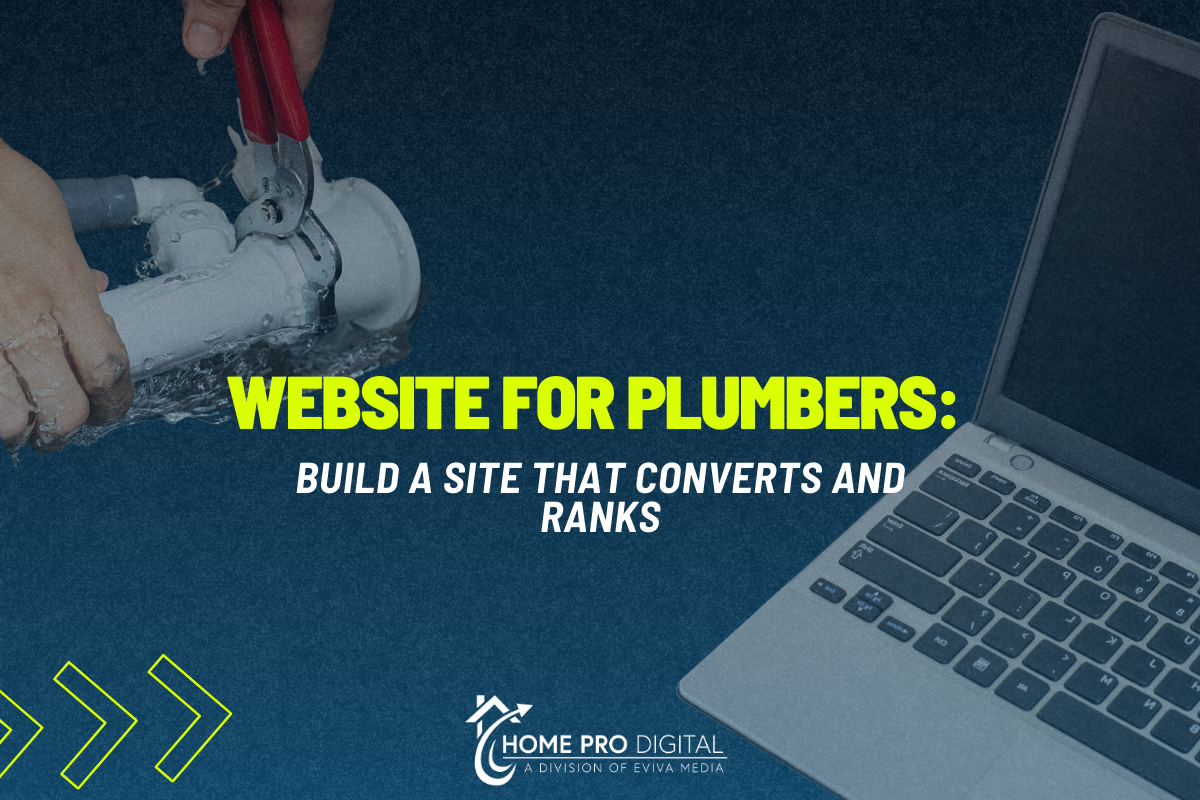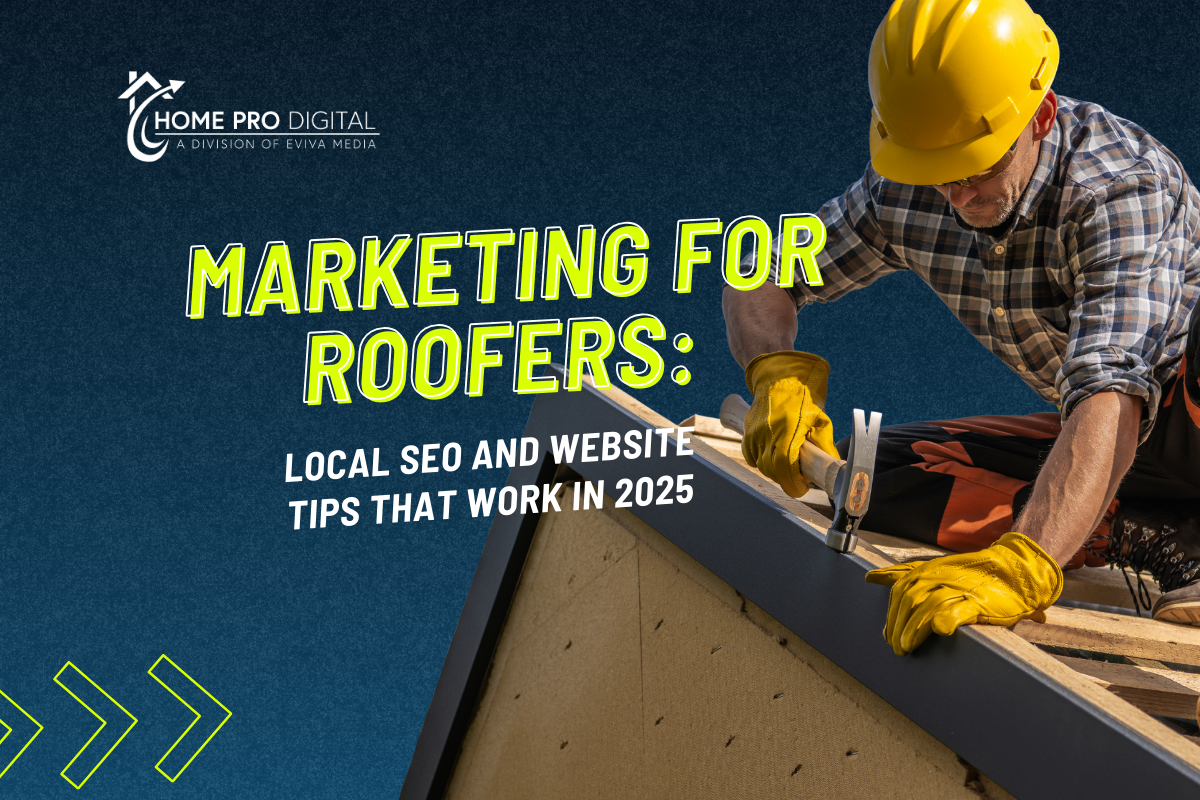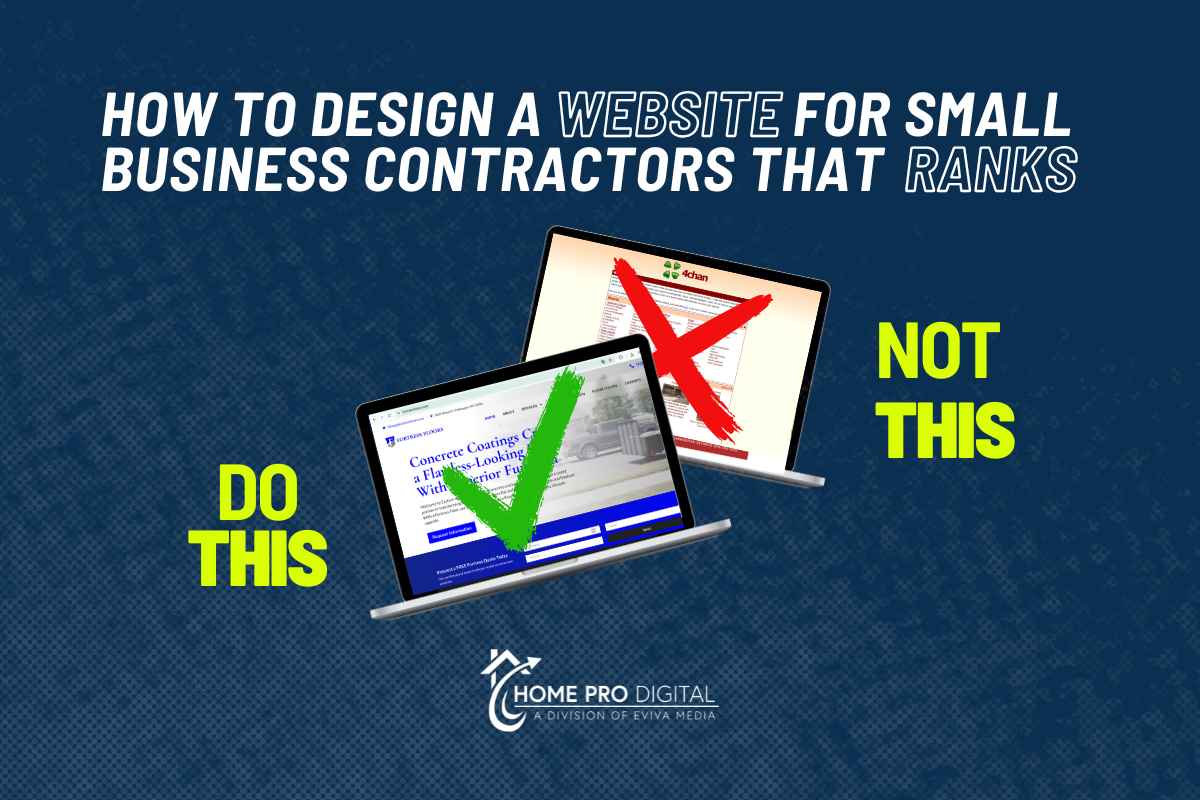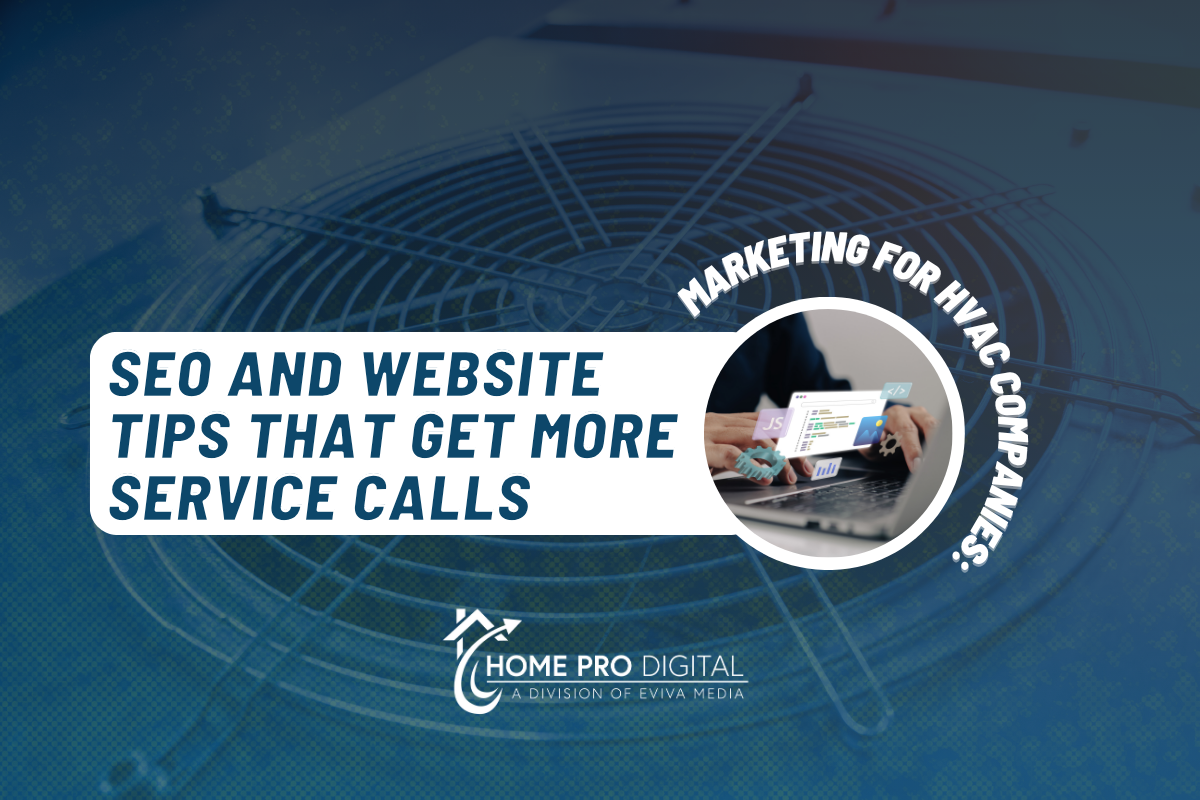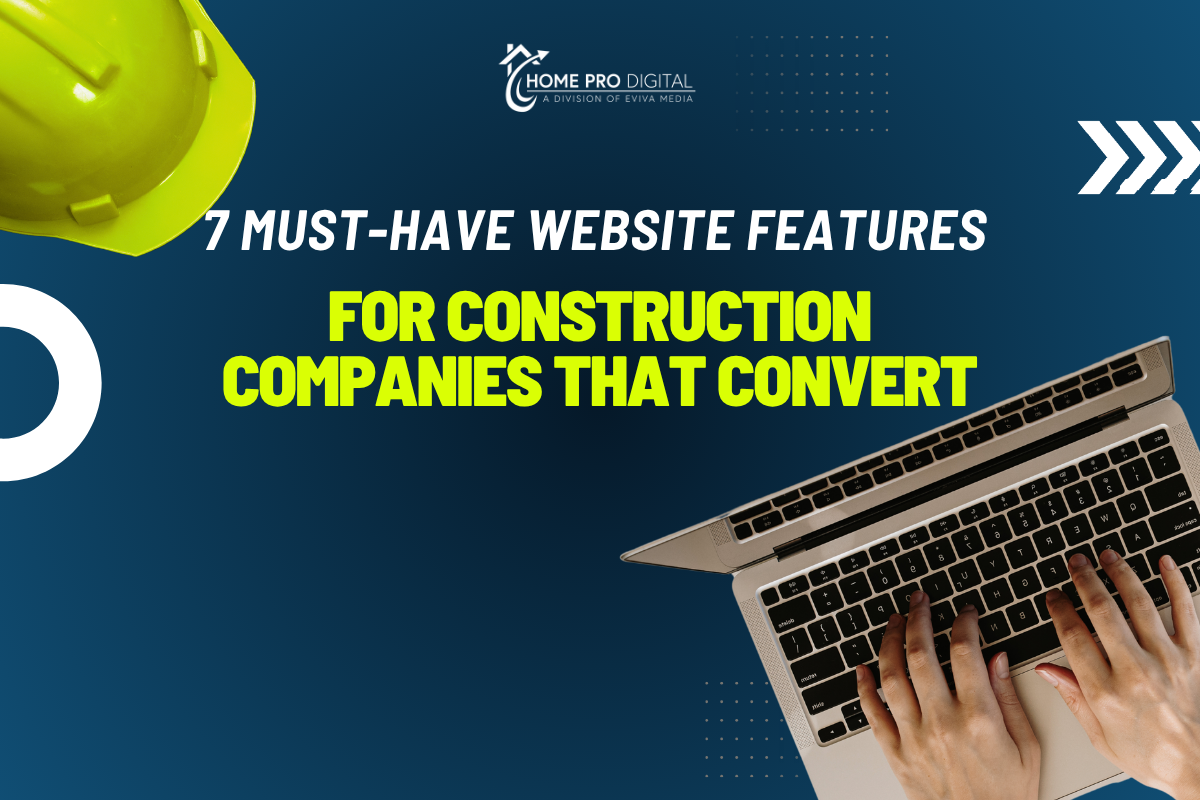One-line answer: The best websites for general contractors act as 24/7 sales machines, generating leads, building trust, and showing off your craftsmanship, so let’s dive into how yours can do precisely that.
In the competitive landscape of today’s market, general contractor websites are not just a nice-to-have; they’re powerful tools for lead generation, showcasing your work, and establishing trust. Whether you’re an independent contractor or managing a growing construction company, your website might be the first impression potential clients get.
And let’s face it: these days, every referral comes with a quick Google search. That online first impression? It can seal the deal—or lose it.
This guide covers everything from custom contractor website design to smart, effective web strategies that help you stand out and grow your business online.
Website Strategies That Help Contractors Shine Online
To truly stand out, your website needs to be more than a digital business card. It should build trust, convert visitors into clients, and show off your professionalism from the first click.
Let’s break down what makes the best website solutions for general contractors work like a charm.
Personalized Contractor Sites That Highlight Your Work
Templates can be a good start, but in this industry, one-size-fits-all doesn’t cut it. Custom contractor websites give you total control over your branding, functionality, and layout, letting your digital presence match the quality of your real-world work.
Why custom websites work better:
- Custom layout that reflects your brand identity
- Optimized image galleries for project highlights
- Instant lead capture forms for more inquiries
- Integration with Google Reviews, Maps, and more
A personalized website also makes it easier to adapt as your business grows—something that generic templates can’t always handle.
Web Design for Contractors That Converts Visitors Into Clients
Web design isn’t about fancy animations or flashy colours, it’s about clearly communicating your message and making it easy for visitors to take action.
Key web design features every contractor site should have:
- Mobile-responsive design
- Fast-loading pages
- Clear service sections (e.g., remodeling, roofing, plumbing)
- Before-and-after photo galleries with testimonials
- Large, easy-to-find “Request a Quote” buttons
With the right layout, your site becomes your best salesperson, working 24/7, never calling in sick.
Leverage Local SEO and Service Area Pages to Increase Visibility
Most contractors work within specific geographic areas, so your website should reflect that. Local SEO helps your site appear in relevant searches when people nearby need your services.
Local SEO tips for contractors:
- Create city-specific landing pages (e.g., “Bathroom Remodelling in Austin, TX”)
- Set up and link your Google Business Profile.
- Use location-specific keywords naturally throughout the site.
- Keep your NAP (Name, Address, Phone) consistent across all pages.
With these strategies, your website appears in “contractor near me” searches, local maps, and regional directories- right where new clients are looking.
Build Trust With Reviews, Certifications, and Licenses
Clients want to feel confident before hiring a contractor. Your website can help build that trust before they ever pick up the phone.
Trust signals that increase conversions:
- Verified customer reviews
- Badges or logos from associations like BBB or NAHB
- Contractor license numbers are clearly listed
- Project timelines and real testimonials
- Any guarantees or warranties offered
These trust elements say: “We’re experienced, dependable, and proud of our work.
Add Lead Generation Tools and Contact Options That Actually Work
If someone’s ready to hire you, don’t make them work to find your phone number or fill out a form. Your website should make getting in touch fast and simple.
Top lead gen tools to include:
- Innovative contact forms that collect relevant information
- Click-to-call buttons for mobile users
- Live chat or SMS features for quick questions
- Built-in appointment scheduling
The easier it is for potential clients to contact you, the more likely they are to do so before someone else gets the job.
Why Hiring a Contractor Web Design Pro Is Worth It
You’re an expert at construction. But designing a website that ranks in Google, generates leads, and grows with your business? That’s a different skill set.
This is where Home Pro Digital shines. They specialize in creating websites specifically for contractors—sites that don’t just look good but also get results.
The Benefits of Working With a Specialized Web Design Team
Here’s what you get when you hire contractor-focused designers:
- Industry expertise: They know what works (and what doesn’t) for contractors
- Faster results: Skip the trial-and-error of working with general designers
- Ongoing support: From SEO to security, they’ve got your back
- Better ROI: A site that actually converts leads pays for itself
If you’re serious about growing your construction business, investing in a website built just for your needs is a no-brainer.
Final Thoughts: Time to Build Your Most Valuable Tool Yet
Your website isn’t just a business card; it’s your digital storefront. In an online-first world, a clean, strategic contractor website is one of your most essential tools.
Want to win more jobs, impress more clients, and showcase your best work? Now’s the time to invest in a custom contractor website that works as hard as you do.
FAQS: People Also Ask
1. What should a contractor’s website include?
A contractor’s site should include a service list, portfolio of past projects, customer testimonials, clear contact info, licenses/certifications, and strong call-to-action buttons like “Get a Quote.”
2. How much does it cost to build a contractor website?
Prices vary. A basic site may cost $1,000–$2,500. Fully custom contractor websites typically range from $3,000 to $10,000+, depending on features and design needs.
3. Do contractors need SEO for their websites?
Absolutely. SEO helps your site show up in local search results, bringing in leads without the need for paid ads. It’s crucial for service-based businesses like contracting.
4. What’s the best platform for a contractor website?
WordPress is a top choice. It’s flexible, easy to manage, and supports features like galleries, SEO tools, contact forms, and reviews—perfect for contractors.
5. Can I build my contractor website myself?
Yes, with tools like Wix or Squarespace. But DIY sites often lack the custom features and SEO you’ll need for long-term growth. A professionally built site will perform better and save you time.

